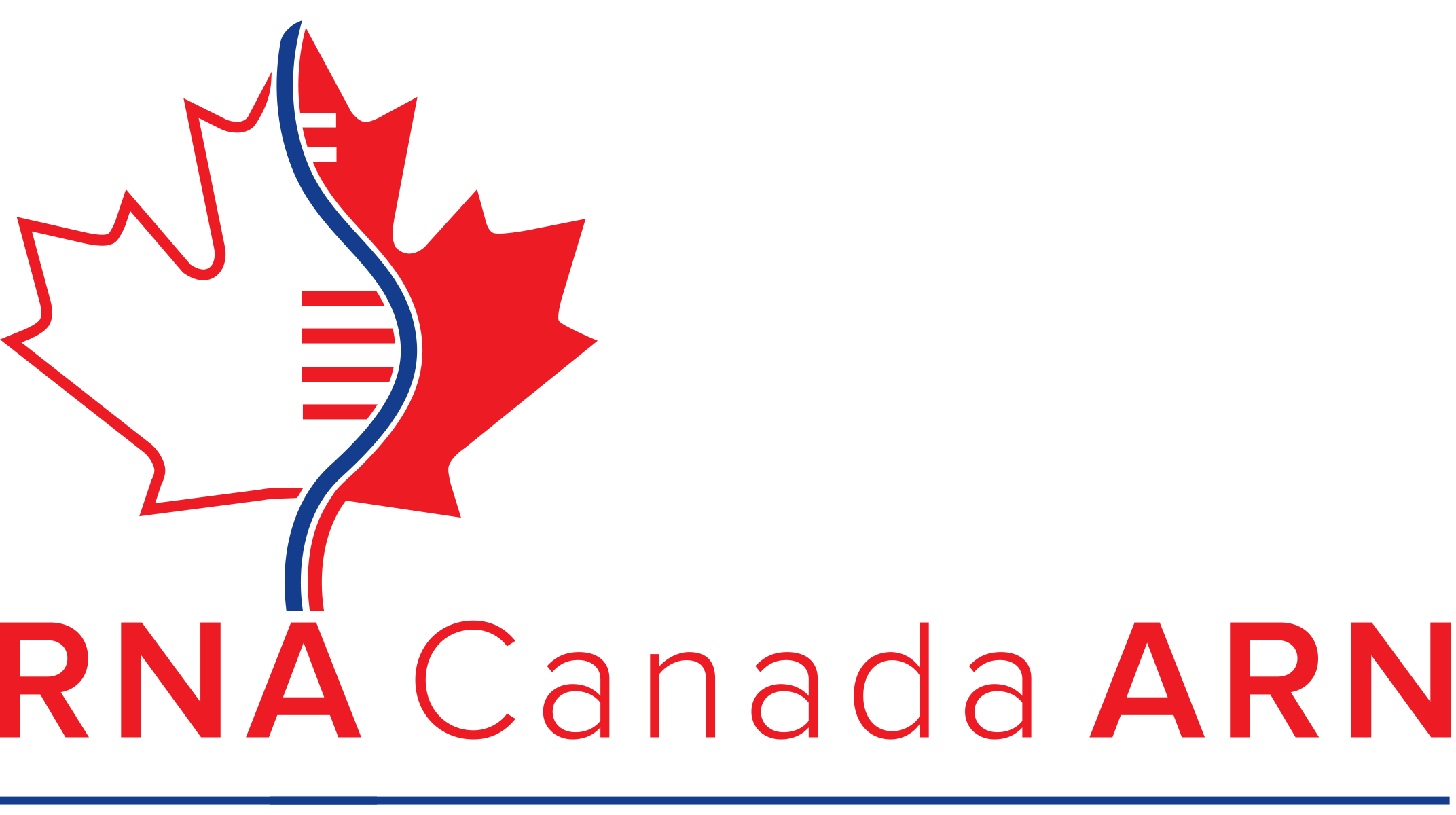Nominee: Jonathan Perreault

Associate professor, INRS (National Institute of Scientific Research, Laval, QC)
Brief Biosketch provided for the nominee:
I am a professor at INRS (National Institute of Scientific Research, Laval, QC) since 2011 (associate prof since 2016). My research interests can mostly be separated in two main themes: 1- ncRNA-mediated genetic control in bacteria with structured RNAs such as riboswitches; and 2- nucleic-acid based applications applied to sensing and various detection applications, which include aptamers as well as molecular biology-based amplification methods. My lab uses bioinformatics, biochemistry, molecular biology and microbial genetics approaches. Since I started my lab we published >30 manuscripts on these subjects, including several papers on method development and ribozymes, along 3 patents, 2 servers (as collaborators) and 2 databases, as well as ~180 other communications (talks and posters). I obtained different types of grants from many different funding organizations (NSERC, CIHR, FRQS, FRQNT, Genome, Mitacs…). I have trained/am training 10 PhD students (+3 co-directed), 21 MSc students, over 60 undergrad trainees, 3 post-docs (+2 co-directed) and welcomed 2 invited researchers. I was part of the initial Board of Directors of RNA Canada ARN, and am also the current chair of its “Industry liaison committee”.
Justification provided for the nominee:
I have been passionate about RNA research since I started my graduate studies in Sherbrooke University in 2001. I am interested in pursuing a role as a member of the Board of Directors to ensure some continuity following the recent approval of its Bylaws. My past and present partnerships with several companies for multiple projects constitute a useful experience in different ways: 1- I am familiar with many of the grants that exists to permit such collaborative projects (I previously obtained Mitacs, NSERC [Engage, Strategic, Alliance], Genome and CRIBIQ) and can thus help strategize optimal use of existing programs; 2- the challenges of industry research differ from those in academia, but also overlap in many ways, researchers from both sides, as well as students, can benefit from such collaborations. As such I try to keep in mind researchers both from academia and industry when taking decisions.

